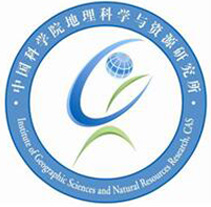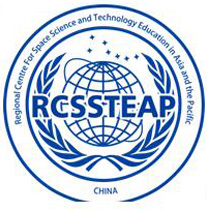Training on Space Cooperation for Global Health
Remote sensing technology can continuously monitor large-scale surface, obtain environmental factors related to spread of disease, and improve the accessibility of environment-related elements in public health domain. GIS can be used not only to analyze the geographical distribution of public health status, disaster-affected populations, locations of diseases, but also to study the rational allocation of health care facilities and medical geography, emergency control measures to provide emergency decision support.
used not only to analyze the geographical distribution of public health status, disaster-affected populations, locations of diseases, but also to study the rational allocation of health care facilities and medical geography, emergency control measures to provide emergency decision support.
With the rapid development of space technology and applications, UNOOSA (United Nations Office For Outer Space Affairs) has attached increasing importance to “space cooperation for global health” and listed it as one of the thematic priorities of UNISPACE+50 Preparatory Activities in 2016 (thematic priority 5: Strengthened space cooperation for global health). In response to the implementation of the Belt and Road Initiative and UNISPACE+50, Chinese Academy of Sciences (CAS) and China National Space Administration (CNSA) will support the organization of a training program on how to use Remote Sensing (RS) and Geographic Information System (GIS) for monitoring and assessing environmental public health. It is expected to improve space application capacity in global health and promote international space cooperation in developing countries, especially the Belt and Road countries. The training, focusing on environmental public health, has been finalized as “Training on Space Cooperation for Global Health”.
Expected Participants
Opportunities are expected to provide for professional researchers, managers (including local space officers) working in the fields of public health and space technology applications.
Objective
2 To improve the use of space technologies and space-based information and systems in the global health domain.
2 To promote enhanced cooperation and sharing of information in emergencies, epidemics and early warning events, as well as on environmental parameters.
2 To enhance capability in integrating health data in disaster management plans.
2 To strengthen capacity-building in advancing space technologies in global health efforts.
Organizers


2 Institute of Geographic Sciences and Natural Resources Research, CAS
2 Regional Centre for Space Science and Technology Education in Asia and the Pacific
(China) (Affiliated to the United Nations) (RCSSTEAP)
Supported by
2 Chinese Academy of Sciences (CAS)
2 China National Space Administration (CNSA)
Registration
2 The number of participants in the training is limited to a maximum of 40.
2 Selected Applicants from the partners of CAS, RCSSTEAP and early registrants will receive priority for financial support (including expenses for round-trip and local accommodation in China) will be available for some early-birds. Please apply as soon as possible (Self-funded participants will be greatly welcomed).
2 The applicants who want to register are required to complete the application form (please download attachment below or visit www.rcssteap.org to download it) and prepare a Curriculum Vitae (CV). Please mail the required documents to the two contacts below before March 9, 2018.
Dr. Jianfeng He Email: hejianfeng@igsnrr.ac.cn, Tel: 86-10-64888819
Ms. Yizhuo Cui Email: cuiyizhuo@buaa.com, Tel: 86-10-82338937
Important Dates
2 Deadline of the application is March 9, 2018.
2 The results of admission will be notified before March 16, 2018.
2 The training will be held from April 12 to 26, 2018.
More details in the attached documents.
Download attachment: